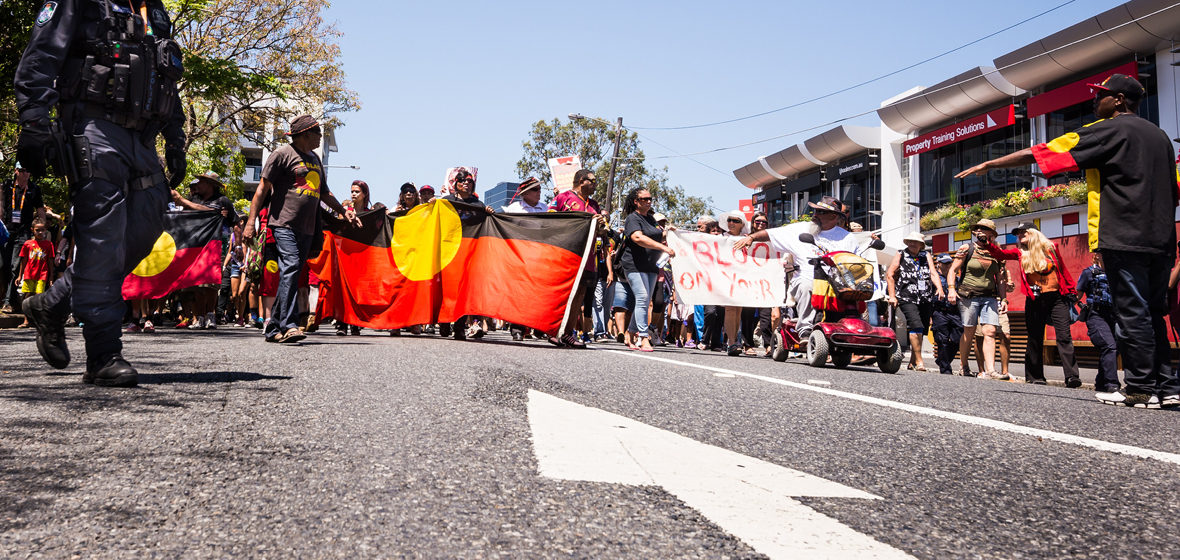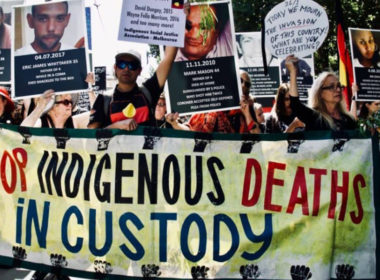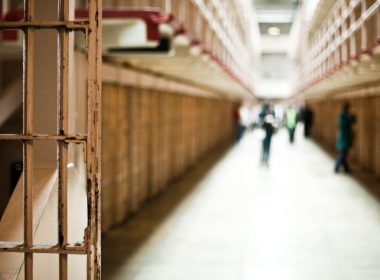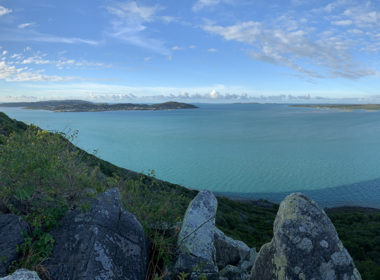Snapshot
- Australia has historically failed to ensure accountability in First Nation deaths in custody. In more than 673 First Nations deaths in custody since 1980, Australia has secured criminal convictions in only one case, and then only for breaches of occupational health and safety legislation.
- In June 2021, Leetona Dungay (the mother of David Dungay Jnr) announced her intention to complain to the United Nations that Australia had breached her son’s right to life, including by failing to properly investigate and prosecute his death.
- Recognising deficiencies in the current systems of oversight into First Nations deaths in custody, the NSW Parliament’s Legislative Council has recommended an expanded version of the NSW Law Enforcement and Conduct Commission take over responsibility for investigations of deaths in custody from NSW Police.
Just over 12 months ago, tens of thousands of people protested Australia’s patent failure to ensure accountability for First Nation deaths in custody. Those who gathered at Sydney’s Town Hall in June 2020 did so apparently in breach of public health orders that criminalised such public assemblies. Notwithstanding a last-minute decision of the NSW Court of Appeal that authorised that protest,1 people gathered that day under the threat of arrest.The reality that so many citizens of Australia were willing to risk arrest to protest in solidarity with First Nation’s families demonstrates a domestic shift in the Australian polity and, arguably, a resurgence in a core demand of the rule of law; that ‘no one, including government, is above the law’.2
Clear domestic condemnation long overdue
Clear domestic condemnation of the status quo is long overdue. There is a history in Australia of state actors killing with impunity. Recently, eminent human rights advocate, Geoffrey Robertson QC, observed that the first thing Captain Cook did when he stepped foot on Botany Bay was to shoot an Aboriginal man.3 Many massacres followed, a large number of which were led by colonial police who, overwhelming, faced no criminal prosecution.4
In more contemporary times, of the 673 Aboriginal deaths in custody either considered by the Royal Commission into Aboriginal Deaths in Custody (‘RCIADIC’) or occurring since it reported in 1991, there have been only seven prosecutions for Aboriginal deaths in custody in Australia, or less than one percent. The only case in which criminal convictions have been recorded was the brutal death in custody of Mr Ward on 26 January 2008.5 Even then, the prosecutions were brought under work health and safety legislation and led only to monetary fines.6 Notwithstanding that the NSW Supreme Court has referred to the issues raised by Aboriginal deaths in custody as going ‘right to the heart and fabric of Australia as a society that upholds basic tenets of justice’,7 Australia has long failed to properly address this issue. Contrary to Government claims, the RCIADIC recommendations remain largely unimplemented, a failure that has been noted on the world stage where Australia has repeatedly faced condemnation for its inaction in addressing First Nation incarceration rates and ensuring proper investigation of such deaths (for example, the First Cycle Universal Periodic Review (‘UPR‘) in 2010; Second Cycle UPR in 2015 and comments by the Human Rights Committee, Committee on the Elimination of All Forms of Racial Discrimination, Committee Against Torture and various UN Special Rapporteurs).




